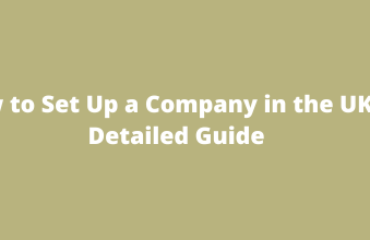Cloud accounting refers to the use of accounting software that is hosted on remote servers, commonly referred to as the “cloud.” In traditional accounting systems, software is installed on individual computers or local servers, and data is stored on-site. In contrast, cloud accounting allows users to access their financial data and accounting tools through the internet.
Key features of cloud accounting include:
Accessibility: Users can access their accounting data from any location with internet access. This facilitates remote work and collaboration among team members in different locations.
Real-time updates: Cloud accounting software allows for real-time collaboration and updates. Multiple users can work on the same data simultaneously, and changes are instantly reflected for all users.
Automatic updates: The software provider handles updates, patches, and other maintenance tasks, ensuring that users always have access to the latest features and security measures without the need for manual installations.
Cost savings: Cloud accounting eliminates the need for businesses to invest in and maintain expensive on-premises hardware. Additionally, software subscription models often offer scalable pricing based on the needs of the business.
Data security: Reputable cloud accounting providers implement robust security measures to protect user data. This may include encryption, secure data centres, and regular security audits.
Integration with other software: Many cloud accounting solutions offer integrations with other business tools, such as CRM (Customer Relationship Management), payroll, and inventory management systems, streamlining processes and improving efficiency.
Popular cloud accounting software includes platforms like QuickBooks Online, Xero, and FreshBooks. These tools provide a wide range of accounting features, including invoicing, expense tracking, financial reporting, and more. Businesses of all sizes, from small startups to large enterprises, can benefit from the flexibility and accessibility offered by cloud accounting solutions.
There are several trends which have been shaping the landscape of cloud accounting. Below are some of the key recent trends:
Automation and Artificial Intelligence (AI): The integration of automation and AI in cloud accounting has been on the rise. Automation streamlines repetitive tasks, such as data entry and invoice processing, allowing accountants to focus on more strategic and analytical aspects of their work.
Enhanced Security Measures: Given the sensitivity of financial data, cloud accounting providers continue to invest in robust security measures. This includes advanced encryption techniques, multi-factor authentication, and regular security audits to ensure the protection of user data.
Collaboration and Real-time Data Access: Cloud accounting promotes collaboration among team members by providing real-time access to financial data. This allows for more effective communication and collaboration among different departments or remote teams.
Integration with Third-Party Apps: Cloud accounting systems increasingly offer seamless integration with other business applications, such as CRM, project management, and payment processing tools. This integration enhances the overall efficiency of business processes.
Mobile Accessibility: With the growing reliance on mobile devices, cloud accounting platforms are placing a greater emphasis on mobile accessibility. Users can access financial data, create invoices, and perform other accounting tasks using smartphones and tablets.
Blockchain Technology: Although still in the early stages, some cloud accounting platforms are exploring the integration of blockchain technology for enhanced security, transparency, and efficiency in financial transactions.
Subscription-Based Pricing Models: Cloud accounting software often adopts subscription-based pricing models, allowing businesses to scale their usage based on their needs. This can be more cost-effective than traditional software licenses and on-premises solutions.
Data Analytics and Reporting: Cloud accounting platforms are incorporating more advanced data analytics and reporting tools. This allows businesses to gain valuable insights from their financial data, enabling better decision-making and strategic planning.




